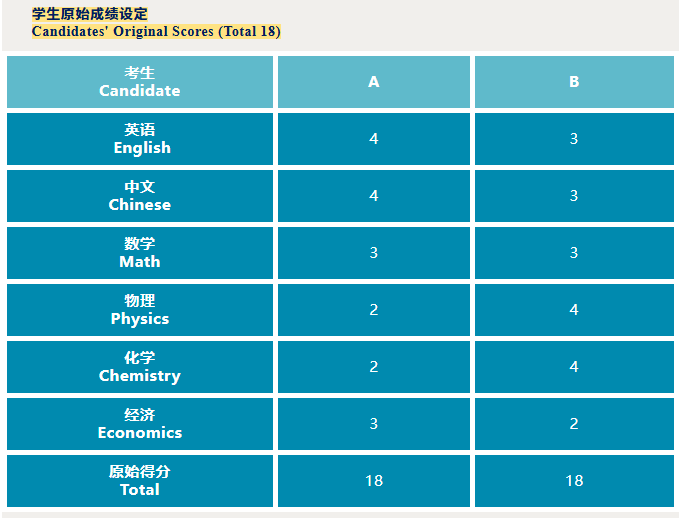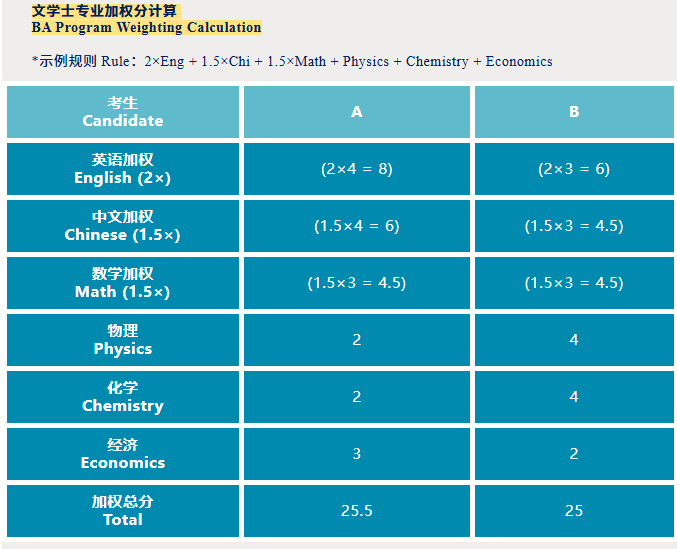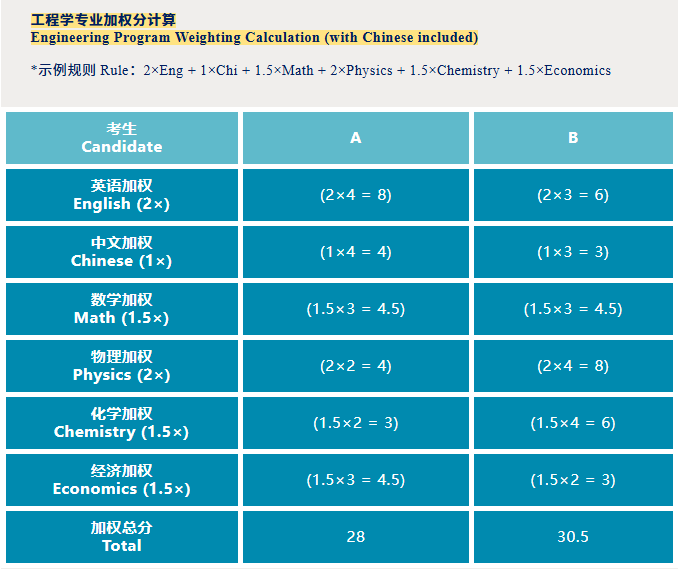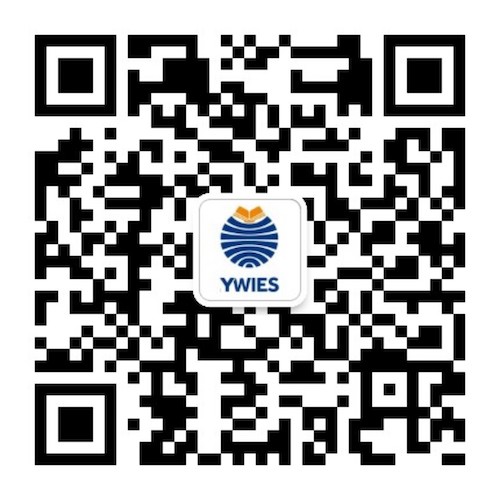Go Back
News
Wechat News
DSE Programme Episode 20
Wechat News
08 Aug, 2025
10 : 54
In the Hong Kong Diploma of Secondary Education (DSE) examination system, besides the raw scores for each subject, many university programmes utilise "score weighting" to calculate applicants' admission aggregates. This is not just a simple mathematical calculation; it's a targeted assessment performed by universities to evaluate students' aptitudes based on specific program characteristics and talent requirements. Understanding and mastering the weighting rules of prospective programmes is crucial for students to devise sound subject selection strategies and application plans.
This article will delve into the definition of DSE weighting, explore the differences in weighting logic across various programmes, and discuss how to leverage weighting rules to guide university applications, thereby helping students maximise their strengths and enhance their chances of admission.
Definition and Core Function of Weighting
In the university admission system of Hong Kong's Diploma of Secondary Education (DSE) examination, weighting refers to assigning different weight coefficients to candidates' subject scores based on the requirements of different programmes, in order to calculate a comprehensive score reflecting the candidate's suitability for the programme. Weighting allows for more targeted evaluation of candidates' performance in the knowledge areas required by the target program. For example, humanities programmes may prioritize weighting language subjects, while science and engineering programs tend to emphasize mathematical and scientific subjects.
Weighting Logic and Impact in Humanities Programmes
(1) Bachelor of Arts (BA)
The BA programme in the Faculty of Arts adopts the weighting rule: 2×Eng + Best 4, Chi×1.5, highlighting the core status of English and Chinese. English scores are directly multiplied by 2, and Chinese scores by 1.5, indicating that excellent language expression and text comprehension skills are fundamental for literary studies. Weighting significantly amplifies the competitiveness of candidates with language advantages.
(2) Bachelor of Journalism
The Bachelor of Journalism programme uses the rule: 1.5×Eng + Best 4, focusing on weighting English (×1.5). This reflects the special requirement for English writing and information processing skills in journalism. Candidates with outstanding English scores but balanced Chinese performance have a greater edge in score conversion for this programme.
Weighting Differences and Suitability in Engineering Programmes
Take the programme of Bachelor of Arts and Bachelor of Engineering (Artificial Intelligence and Data Science) as an example, its weighting rule is: 2×Eng + 1.5×Math + Best 2 (weighted) + Best 1, Physics/Chemistry/Biology/M1/M2/Economics/ICT×1.5, contrasting sharply with humanities programmes. Mathematics scores are multiplied by 1.5, and science electives (e.g., Physics, Chemistry) also carry a 1.5× weight, reflecting engineering programs' high demand for mathematical thinking, logical analysis, and scientific knowledge.
Under this rule, candidates with strong mathematical foundations (e.g., excellent scores in Math and Physics) can transform single-subject advantages into comprehensive score advantages through weighting. For instance, a Math score of 5 becomes 7.5 after a 1.5× weight, significantly enhancing program suitability.
Guidance of Weighting Rules on Application Strategies
Different weighting arrangements essentially serve as "fit filters" between programmes and candidates:
-
Candidates with outstanding English and Chinese scores should choose humanities programs to amplify their advantages through high-weight language subjects.
-
Candidates with strong mathematical and scientific abilities should focus on engineering programs to convert their strengths into scores via weighted science subjects.
Case Study: Impact of Subject Scores on Weighted Scores



For example, a candidate with English 5 and Chinese 4 can obtain 16 points in language weighting for a BA programme via 2×5 + 1.5×4, while a candidate with Math 5 and Physics 5 can achieve 15 points in scientific weighting for an engineering programme via 1.5×5 + 1.5×5—both gaining a competitive edge in their target programmes.
Although the two candidates have the same total original score and subjects, their individual subject performances lead to different weighted scores for different programmes: Candidate A has a slight edge in BA programmes, while Candidate B demonstrates a significant advantage in engineering programmes.
For the latest and most accurate information, please refer to the score calculators of each Hong Kong university, e.g.:
-
HKU JUPAS Score Calculator:
https://admissions.hku.hk/apply/jupas/score-calculator




